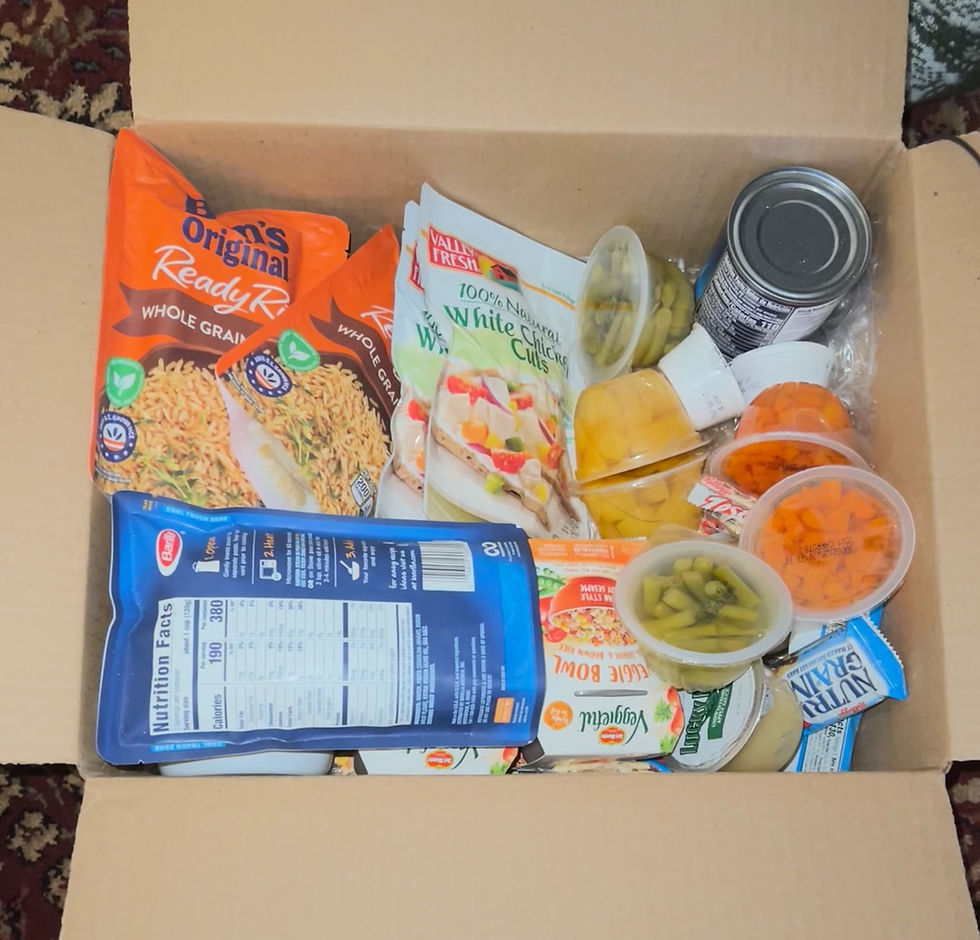Bryan Stevenson encourages getting proximate to understand justice issues and strive for change
- readdswrite
- Oct 9, 2019
- 3 min read
Updated: Dec 27, 2020
BOSTON — In a series of passion-filled stories from different points in his life, author and public interest lawyer Bryan Stevenson shared the intimate moments that taught him about love and justice with the Boston College community, who filled more than half of the Conte Forum Arena Wednesday night.
Stevenson offered four approaches that he said he “absolutely believes” we can do to create justice: get close to those who have been pushed aside, change the underlying narratives that govern judgement and policy, stay hopeful in the fight for justice, and get uncomfortable.
When people get proximate, Stevenson said they will hear and see things they wouldn’t otherwise hear and see, and that these things are critical to the decisions and policies we make.
“We’re taught to stay away from the worst parts of town,” Stevenson said. “[But it’s] only when we’re proximate that we hear the things that we need to understand.”
It was his grandmother who taught him to appreciate proximity, Stevenson said, recalling how she used to hug and squeeze him tight.
From the last words she spoke to him – "Bryan, do you still feel me hugging you? I want you to know I will always be hugging you" – Stevenson said he learned the value of love and closeness, taking it into practice in his professional work of defending the marginalized.
Stevenson told of a young boy who was tried in court as an adult after accidentally pulling the trigger to the head of his mother’s violent boyfriend.
"I can’t help you if you don’t talk to me," Stevenson had said to the terrified and silent boy. Stevenson then leaned on the boy, who leaned back. When he put his arm around the boy, he cried and finally began to speak.
The boy did not tell Stevenson about what he had done, but about what had been done to him in the adult prison. The first night, several men hurt the boy, Stevenson said. The next night he was sexually assaulted.
By getting close, Stevenson said he was able to save the boy, who has since graduated college, and frequently calls to thank Stevenson, saying, "I’m free and I’m doing great."
Stevenson has also defended individuals on death row, where he said he has seen things people shouldn’t have to see.
Two hours before the scheduled execution for a case that was denied up through the Supreme Court, the man, sobbing uncontrollably over the phone, struggled to verbalize his gratitude to Stevenson.
In the midst of the grave and uncomfortable situation, Stevenson said he offered three simple words, "I love you," to the man about to be executed.
Stevenson told the silenced arena Wednesday that he believes every individual is more than the worst thing they have ever done.
“The broken among us have the most to teach us about…what it means to be human.”
Lindsey Thorne-Bingham, senior associate director of alumni regional engagement at Boston College, said she finds Stevenson’s work empowering.
“These are the kinds of things that we need to be doing and conversations that we need to be having on campus,” Thorne-Bingham said. “We can change the narrative of what justice is.”
Pamela Gonzalez, a freshman studying nursing at Regis College, said that she read Stevenson’s book, “Just Mercy” for school, where they had discussions about the issue of justice.
Gonzalez said she felt inspired by Stevenson’s talk “to try to make a change in the world and to try to encourage justice throughout the criminal justice system.”
We need to get proximate to those who have fallen down, the neglected, abused, incarcerated, Stevenson said.
“We can’t change the world, we can’t create justice,” Stevenson said, “unless we’re willing to…sometimes do the uncomfortable thing.”

Comments